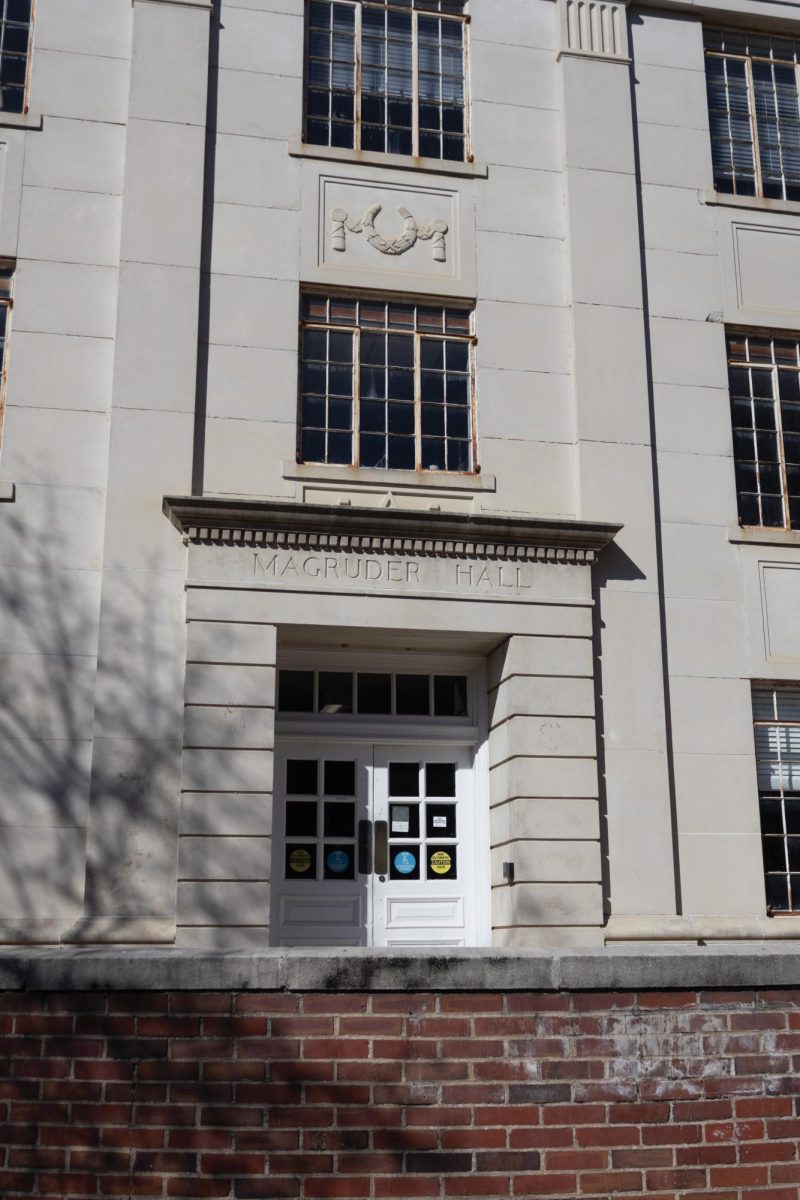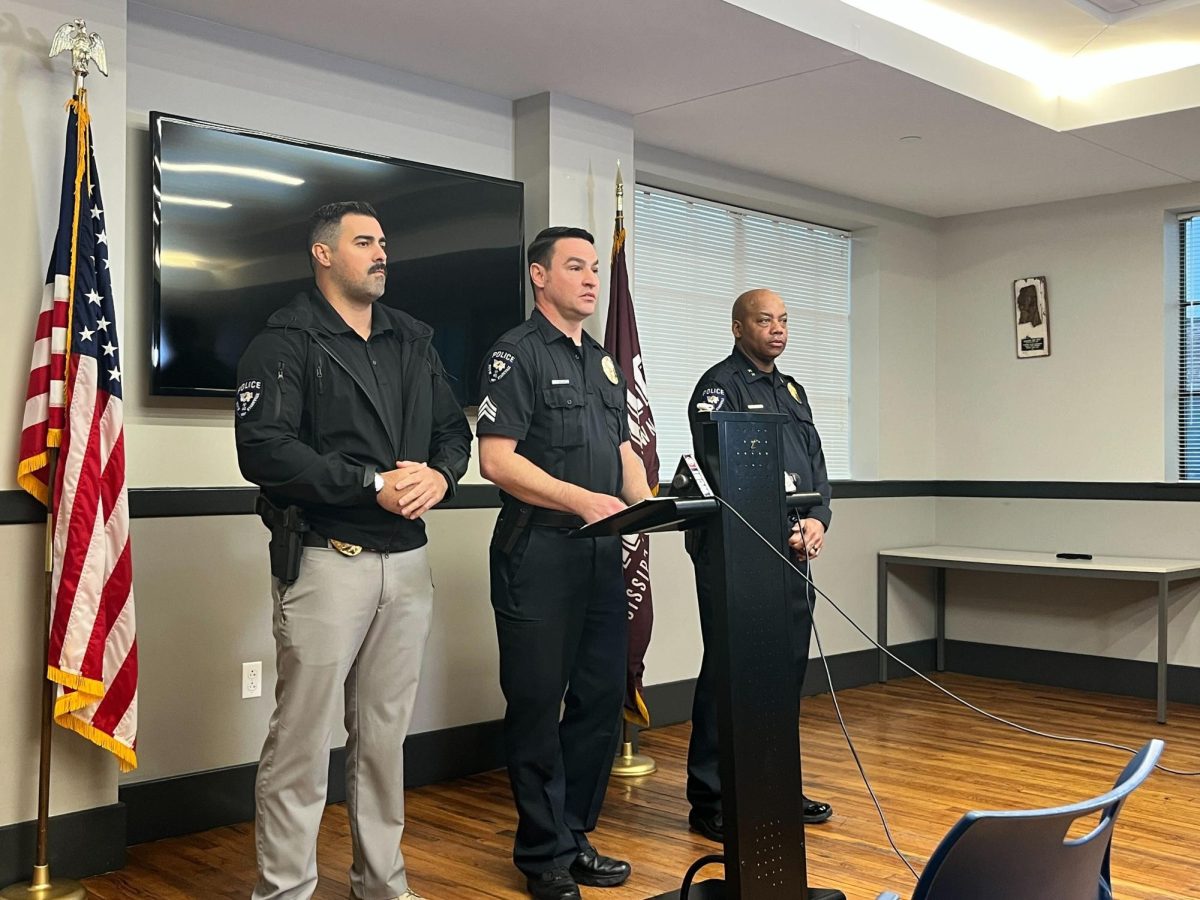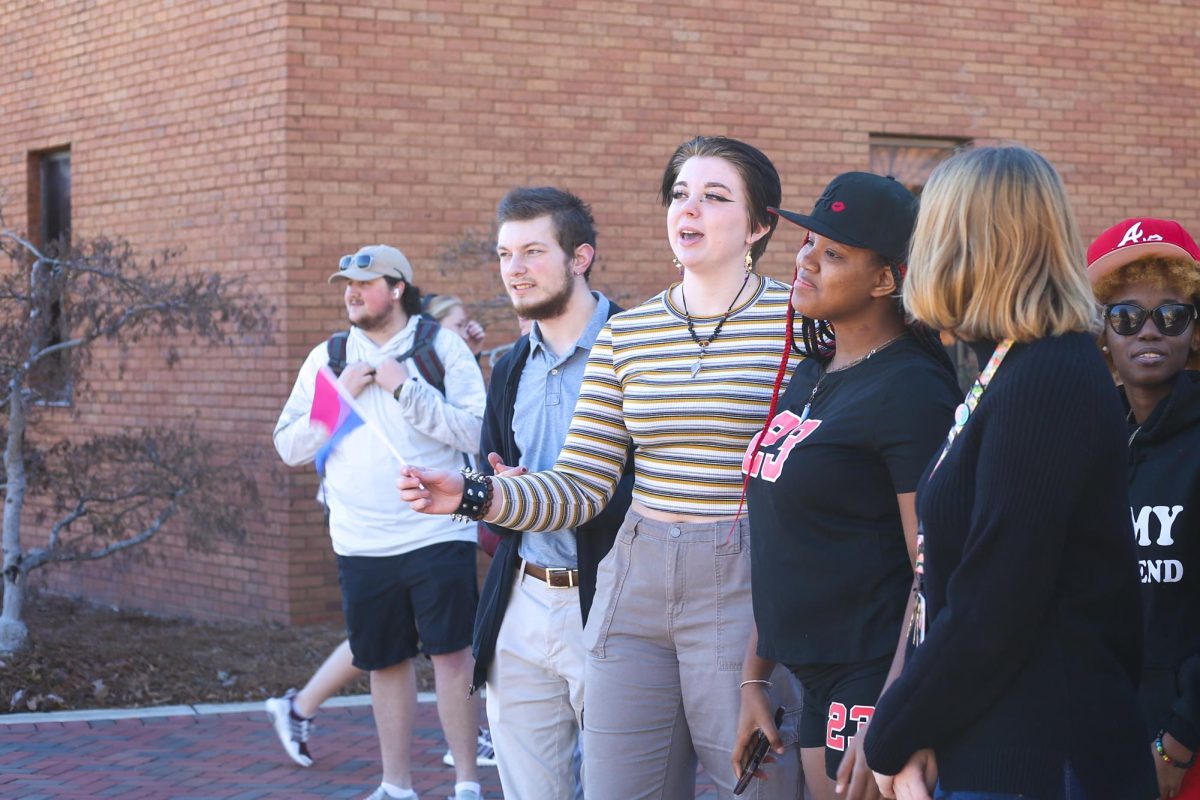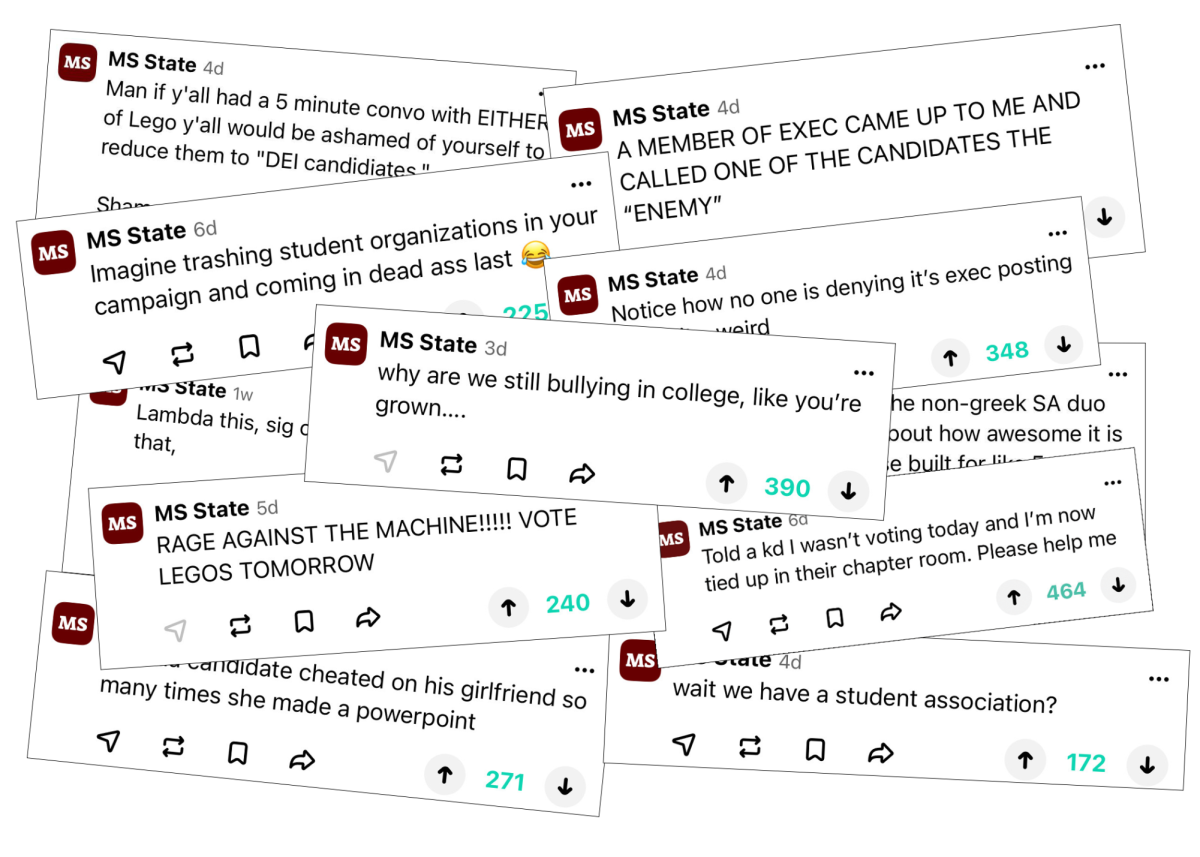On April 18 and 19 from 9 a.m. to 3 p.m., Longest Student Health Center will provide Mississippi State University students with reduced-cost Sexually Transmitted Infection testing. The testing, which will cover all major STIs and cost a flat fee of $22, is part of the MSU Student Association’s effort to promote sexual health on campus.
The Mississippi Department of Health formerly provided free testing for students through Longest Student Health Center, but due to budget cuts, the health center can no longer provide STI testing free of charge.
“The last time the Mississippi Department of Health provided the free testing on campus was the spring of 2012,” JuLeigh Baker said, a health education specialist at MSU. “At that time, we had about 350 students being tested over the two-day event. Unfortunately, there are several areas of health care that could use more funding, one being sexual health education for young people.”
According to the Center for Disease Control, Mississippi has the highest rate of sexually transmitted infections in the United States, and people between the ages of 15 and 24 have the greatest risk for contracting an STI.
Baker believes this is because many young Mississippians lack information concerning the topic of sexual health.
“I think there could be more awareness about STIs on campus,” Baker said. “At every presentation I have done with student groups, there has always been at least one student, but often more, that are shocked by something new they learn. Unfortunately, there is a lot of misinformation on the topic.”
P.J. Jarquin, the 2016-2017 director of research and development for SA, said so many people are uninformed because there is not enough open dialogue about sexual health.
“We’re in Mississippi, where talking about sex is still kind of a taboo subject,” Jarquin said. “There’s a stigma around talking about sex in general, but especially about getting testing, and there shouldn’t be. You want to see people getting tested. Those are the people you want to date, and be with. There should be more stigma around not getting STI tests.”
Jarquin, who is a junior majoring in biological engineering, first brought the idea of reduced-cost STI testing to SA. Although Longest Student Health Center works to keep the cost of STI testing as low as possible for students, according to Baker, the general price of testing is upwards of $100, even with insurance.
“A lot of students don’t have insurance, and can’t afford regular testing, or do have insurance, but don’t want their parents to see that they’ve gotten an STI test,” Jarquin said.
Because of this, the $22 cost of testing on April 18 and 19 can be paid for by cash, card, or a charge to a student account.
The student account charge will be labeled as a general student health center charge, keeping the testing as confidential as possible, for students who are concerned about privacy. The goal of SA is to get as many students as possible to take advantage of this reduced-cost testing, so the health center can show that this is a valuable service, and can continue to provide low-cost testing days in the future.
“In the long-term, I really want to push for free-testing days for students,” Jarquin said. “The CDC recommends sexually active people get tested for STIs once every three to six months. If the health center could provide reduced-cost or free testing days once a semester, it could greatly help the sexual health of students at Mississippi State.”
Jazmine Kelly, the health and wellness director for SA, wants this initiative to “push students to receive STI testing, and become more aware of their sexual health status.”
According to Baker, it is a common misconception that STIs are apparent to the human eye, and can be easily identified. However, many STIs do not show symptoms in the early stages, and can easily be unknowingly passed to others.
“When students have access to healthy foods and the ability to exercise, they take advantage of that and talk about it, no problem,” Kelly said. “When it comes to STI testing, people say ‘I don’t need that. I’m clean.’ People don’t want to do it because they don’t want to be labelled as ‘needing’ to get tested, but everyone who is sexually active needs to get tested.”
Reduced-cost STI testing will take place on April 18 and 19, on the third floor of Longest Student Health Center. Male and female condoms, which can prevent STIs, are always available at the health center, as are pamphlets with further information about STIs and sexual health.
Categories:
Reduced-cost STI testing available after budget cuts
0
Donate to The Reflector
Your donation will support the student journalists of Mississippi State University. Your contribution will allow us to purchase equipment and cover our annual website hosting costs.
More to Discover













































































